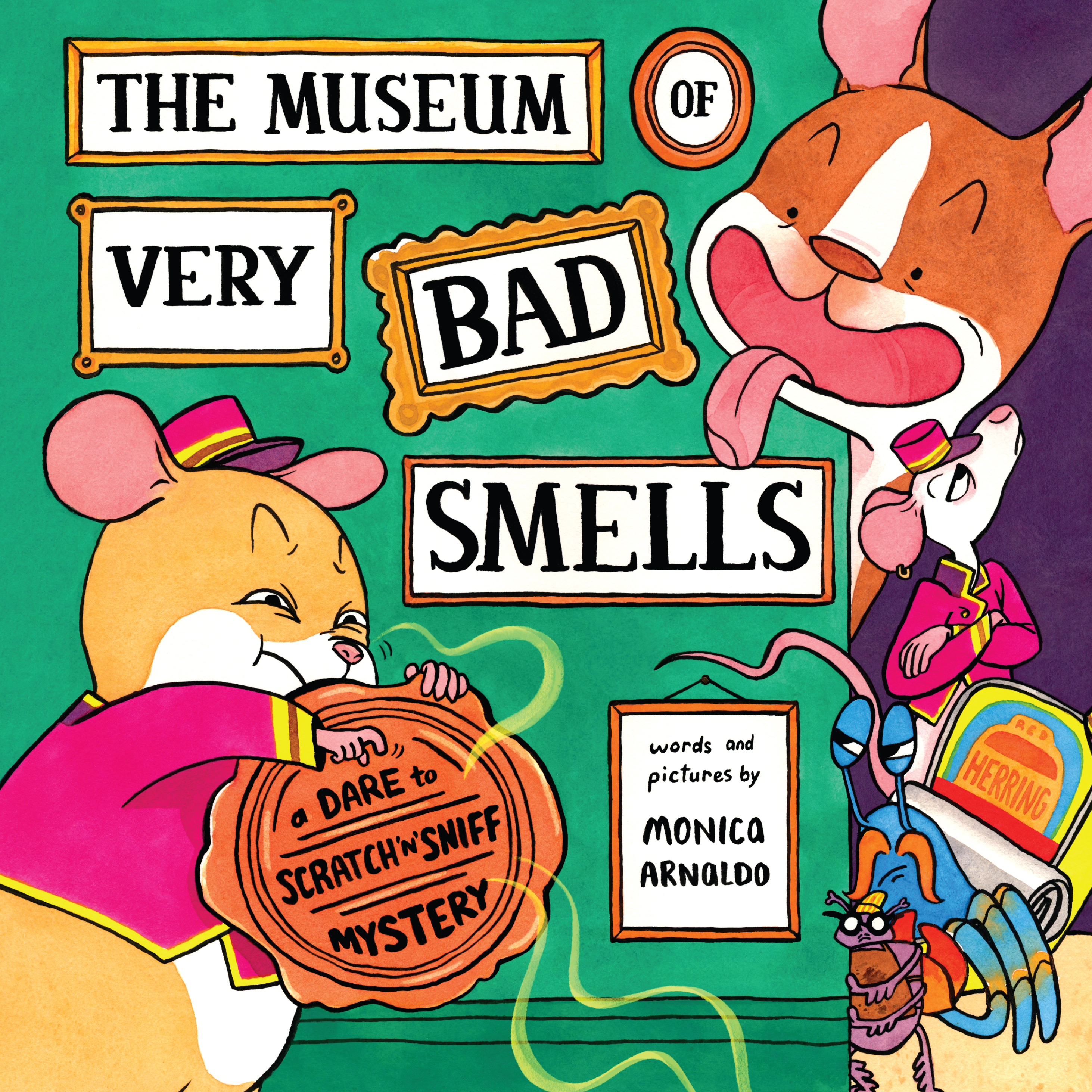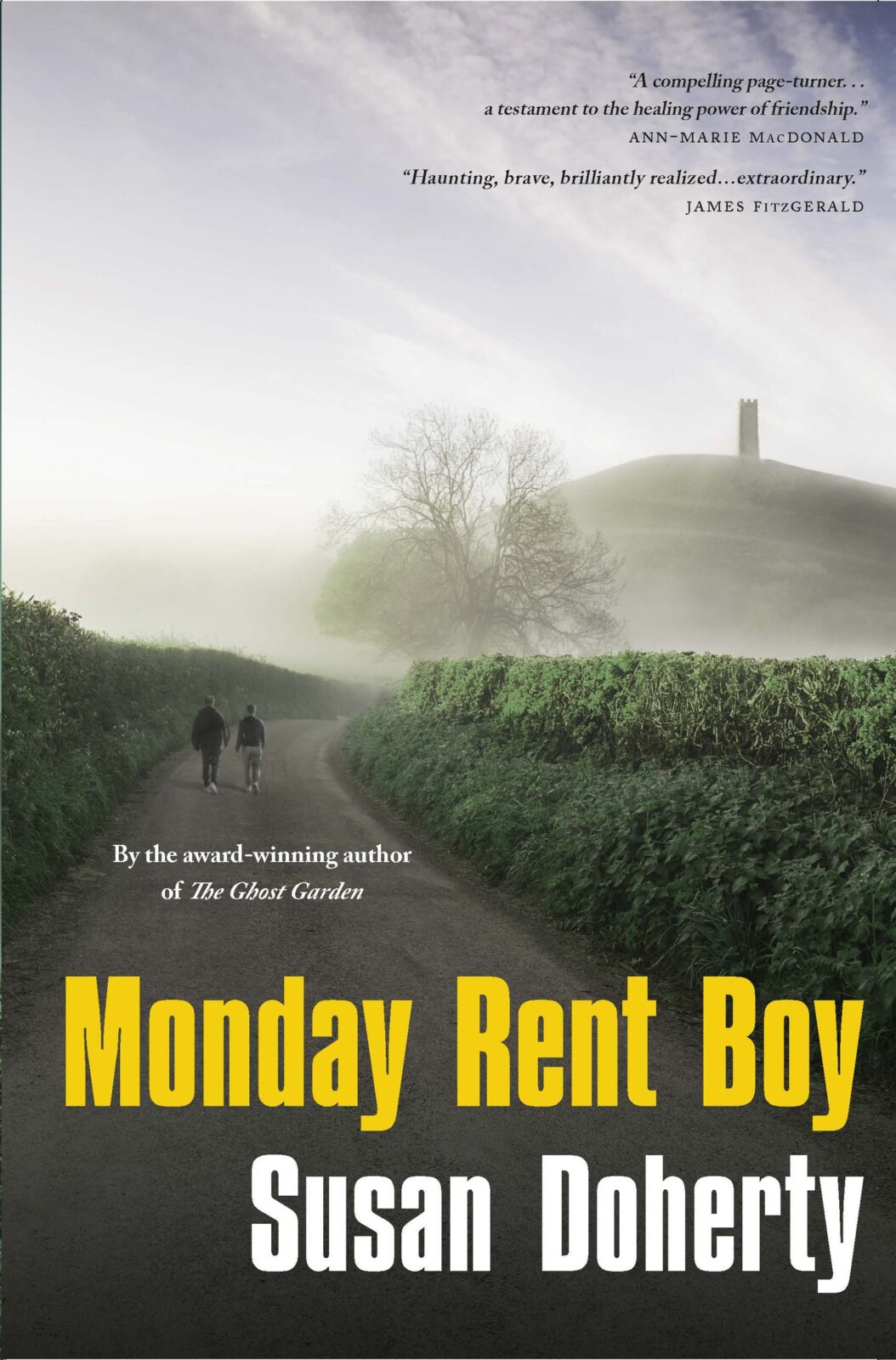Overnight Sensation
Colleen Curran
Goose Lane Editions
$19.95
paperback
271pp
0-86492-292-2
Most of the characters in Overnight Sensation debuted in Curran’s first novel, Something Drastic. Since Lenore is writing for herself, the reader must weather baffling gaps in background, though eventual explication does give a topsy-turvy satisfaction. (Readers of the first book will not have the pleasure of these small, unintentional mysteries). Most of the relationships centre on Lenore’s street – her closest friend is the tenant who rents the upper floor of her duplex – and Festin du Bois, a theme restaurant where she works as a singing waitress.
As the book opens, Lenore has been saddled with a dual responsibility owing to a neighbour’s murder conviction. (She poisoned six former fellow jurors with herbs from her prize-winning garden.) Not only is Lenore looking after Mme Ducharme’s two obnoxious dogs while she serves her time, but she’s been invited to appear on a salacious American talk-TV show, Fiona!, on which she will speak to the theme of “Neighbours of Neighbours Who Kill.” Mme Ducharme’s incarceration triggers several of the other significant events of the year: her house is rented to a sexy professor up from Boston to teach a year of Economics at Concordia, for example. Lenore must sort through her feelings for him – he’s taken, but awfully friendly – while balancing the oddly proffered affections of a millionaire Arizona rancher with whom she co-stars on Fiona! (his neighbours ended a long-running feud with a big shoot-up and tossed their victims into the Grand Canyon) and of the police officer whom Lenore helped nab the murderous Mme Ducharme late in the first book.
It is right and natural to feel suspicious of contrived wackiness, but Overnight Sensation feels quite real. These are the sort of events that, when they happen in life, make the fiction writer throw up her hands in futility; however, Curran has created such a believable and sympathetic narrator in Lenore that the reader is delighted to try living the world from her head. If Lenore is ingenuously wise, she’s also dead-on funny. Her rendition of dinner parties with English department feminist eggheads, for instance, had this reader gasping with rueful giggles. The multiple plot lines of Overnight Sensation, after more twists than a pack of licorice, resolve with excessive tidiness, but each resolution has triggered another, so plausibility is not actually jeopardized.
I procured Something Drastic immediately upon finishing Overnight Sensation, eager to spend another several hours in Lenore’s company, and discovered something else readers of the first book might have missed: the entire second book. I probably wouldn’t have bothered. Something Drastic consists of a year in Lenore’s pleading letters to the deadbeat bonehead boyfriend of eight years who abandoned her on Boxing Day. It has some great moments, but Lenore, for all her sweetness and openness to the world, was pathetic in the degree to which she was subject to this man. This not only undermined potential laughs, but seemed unfair to her, almost condescending. Overnight Sensation makes far better use of Lenore’s – and Curran’s – numerous gifts. mRb






0 Comments